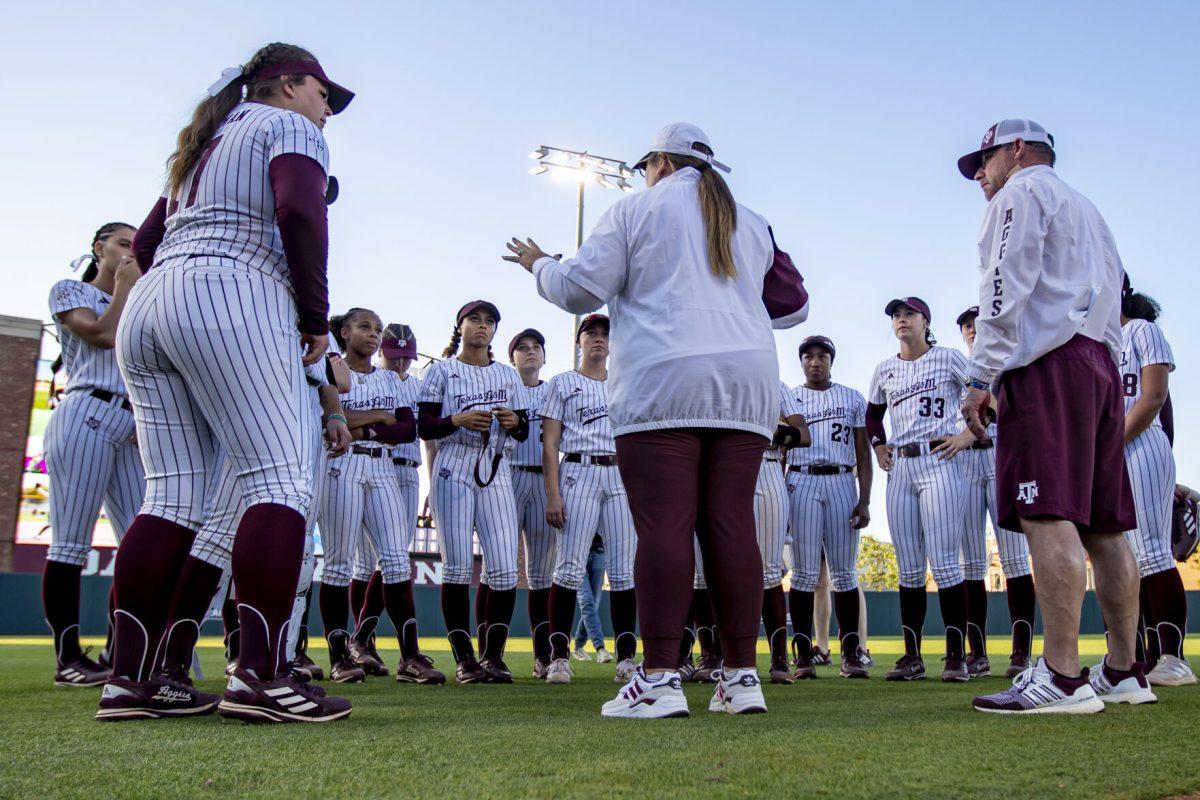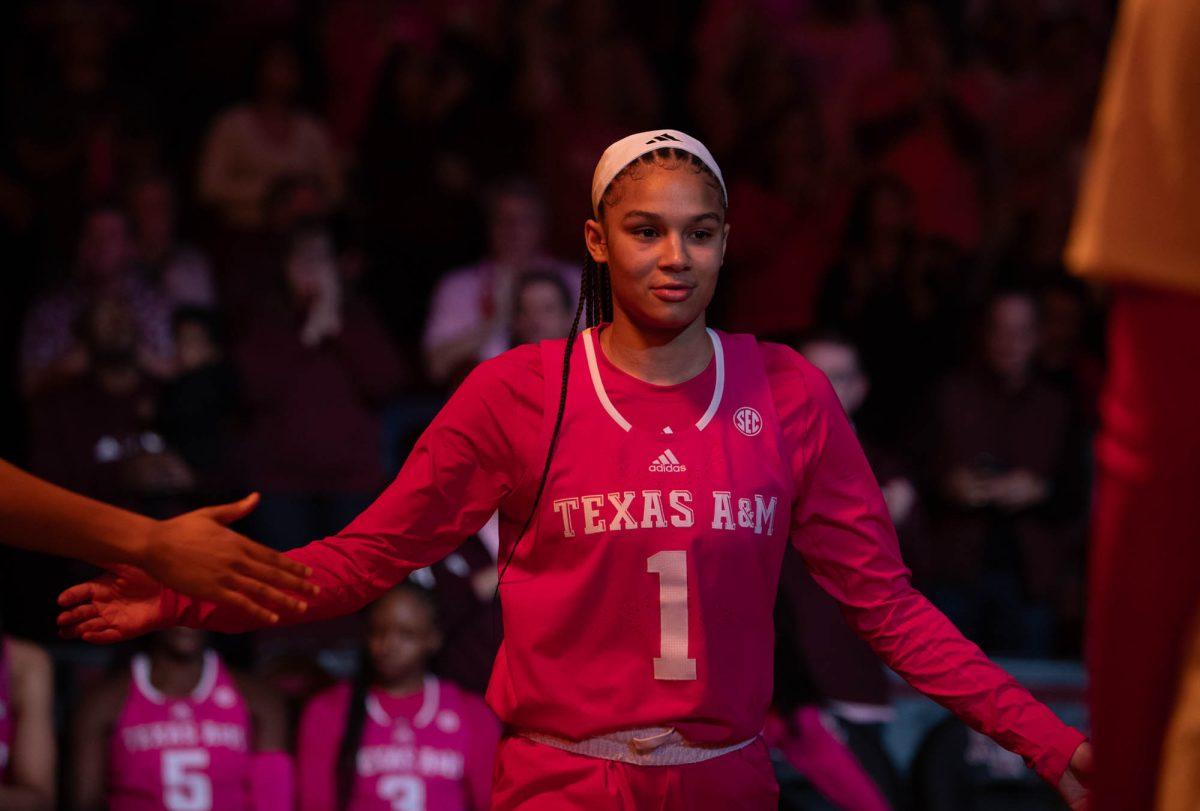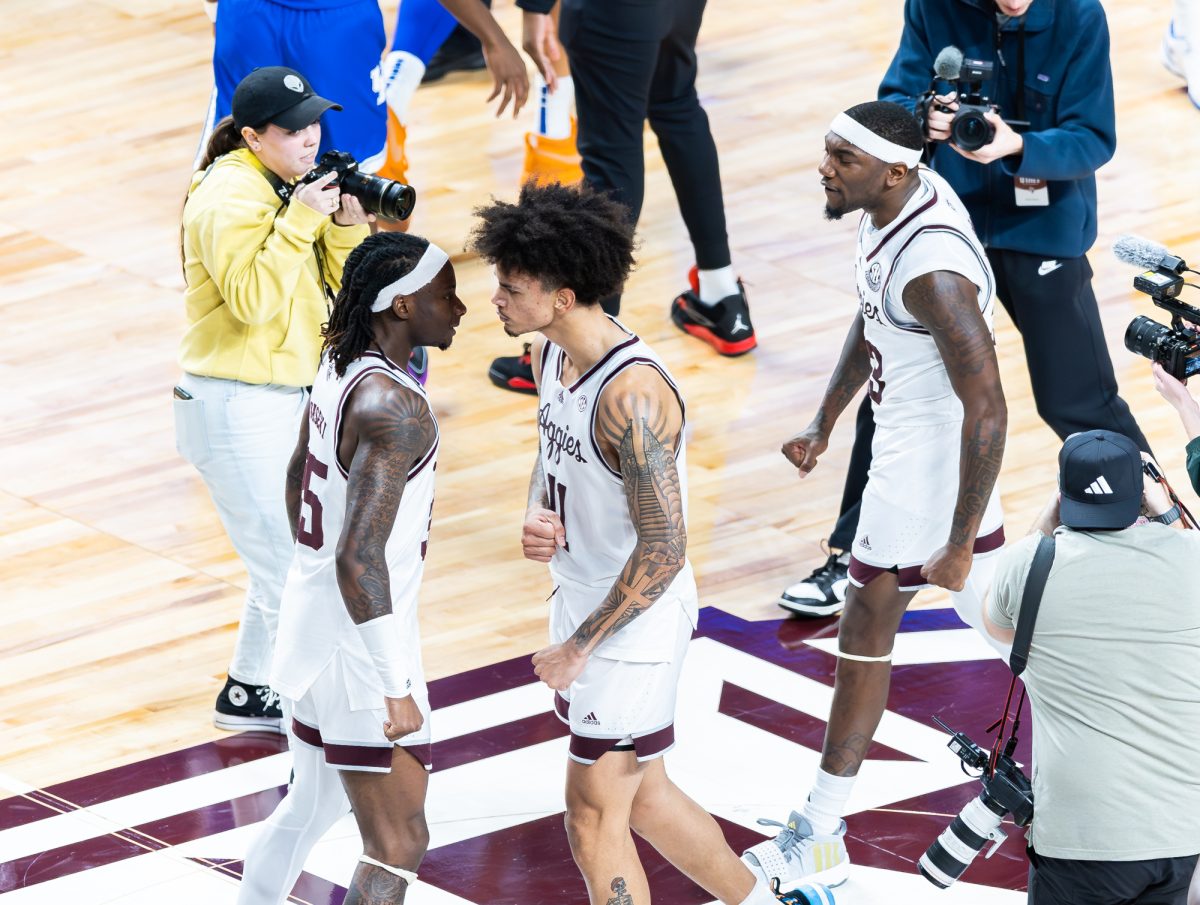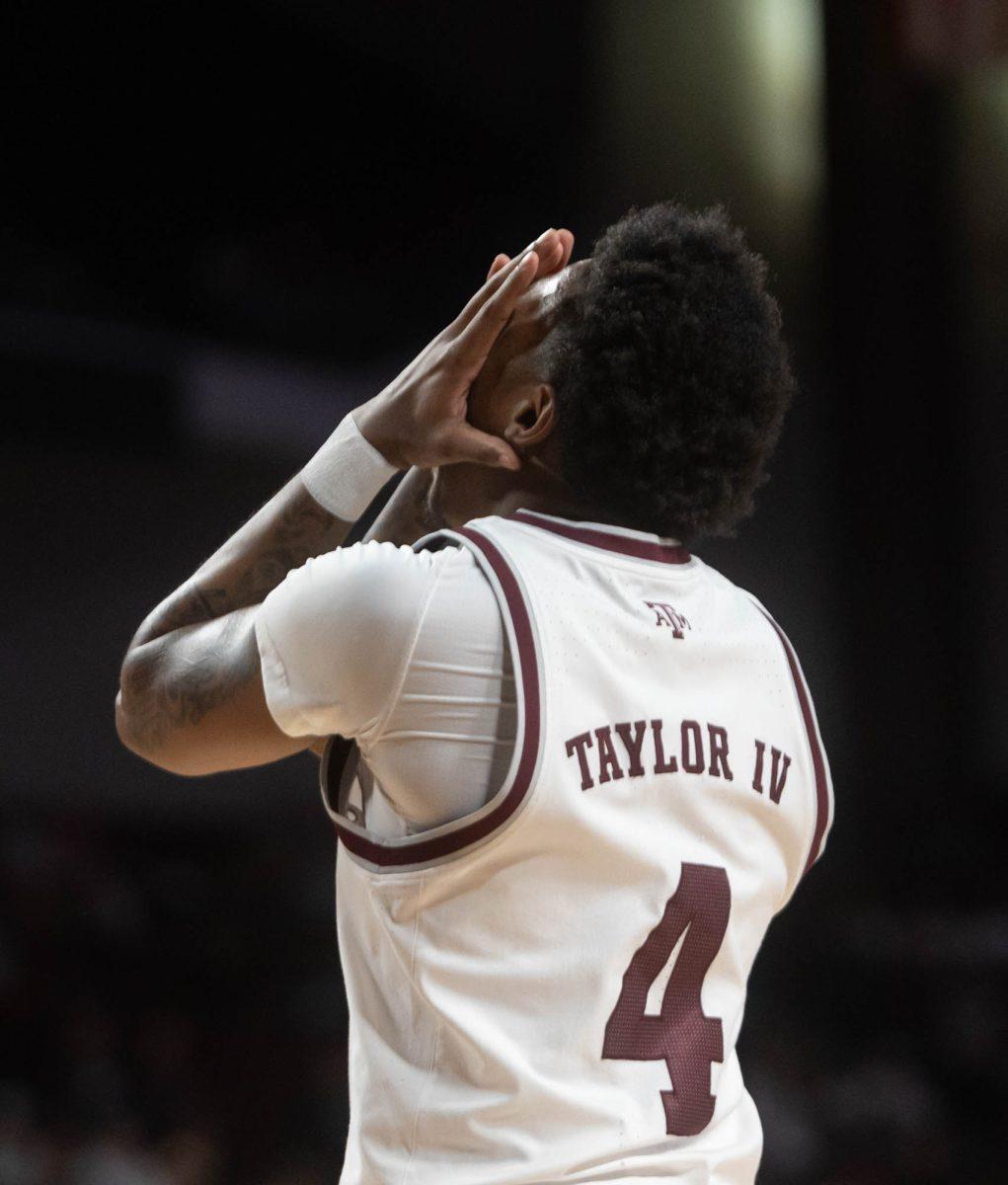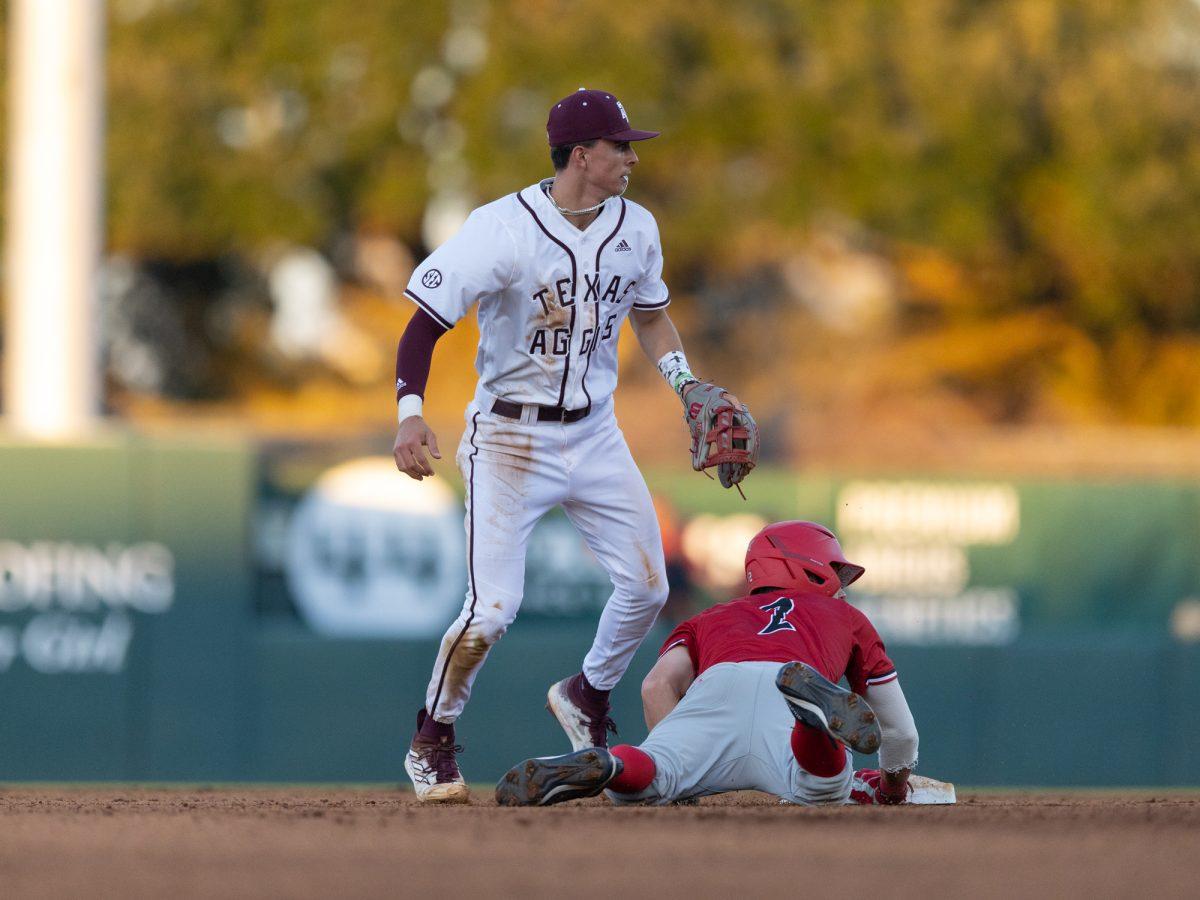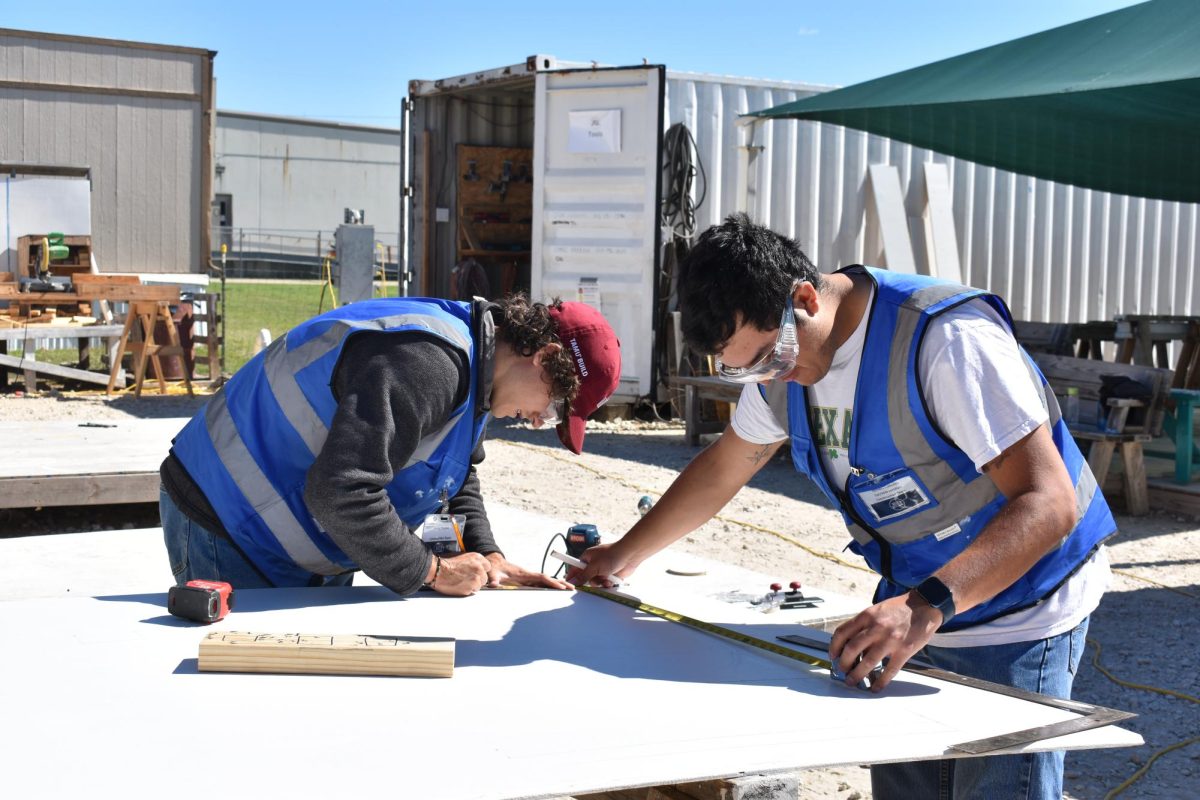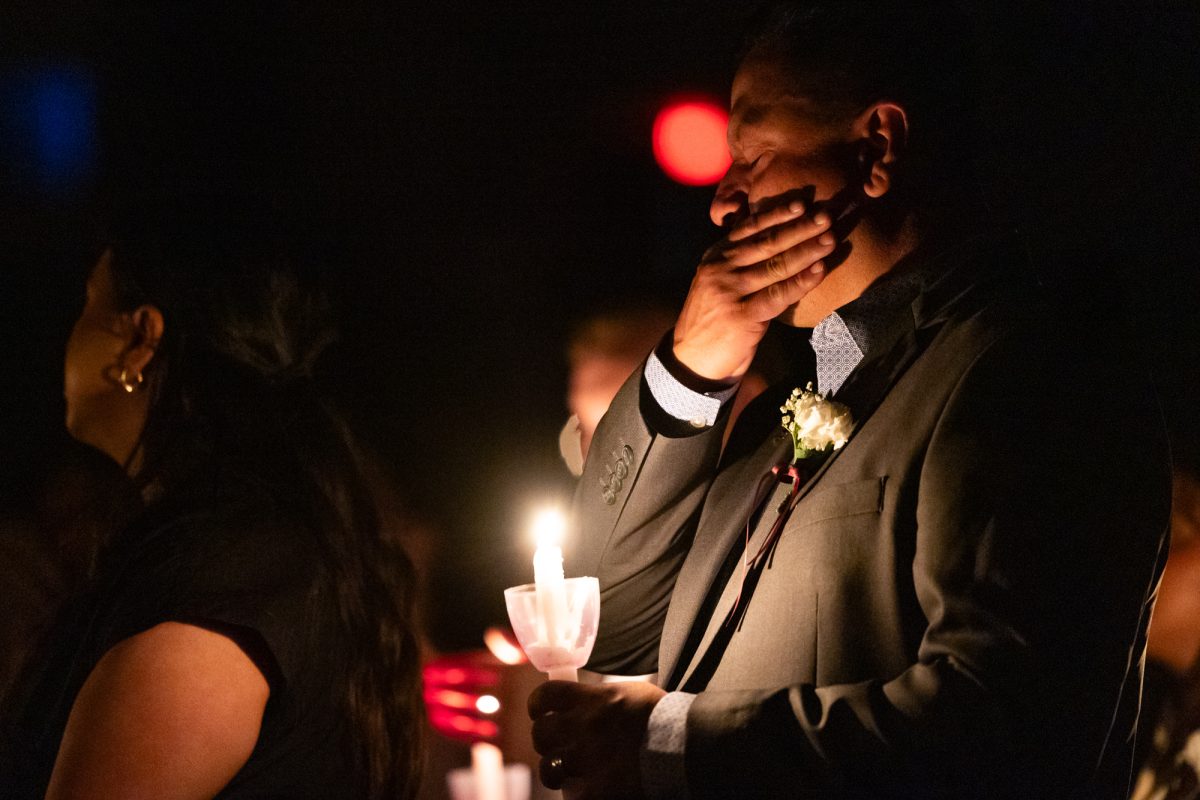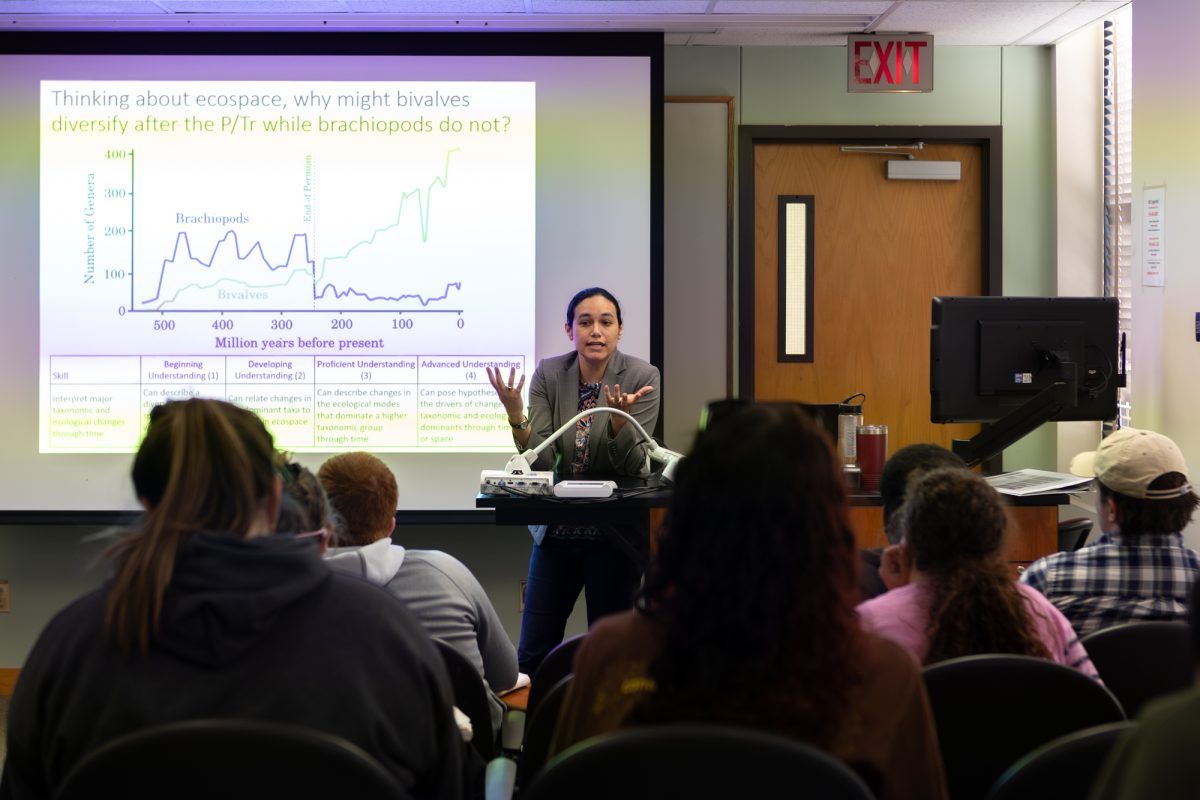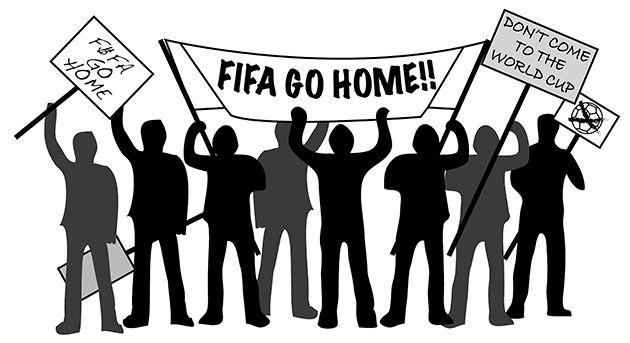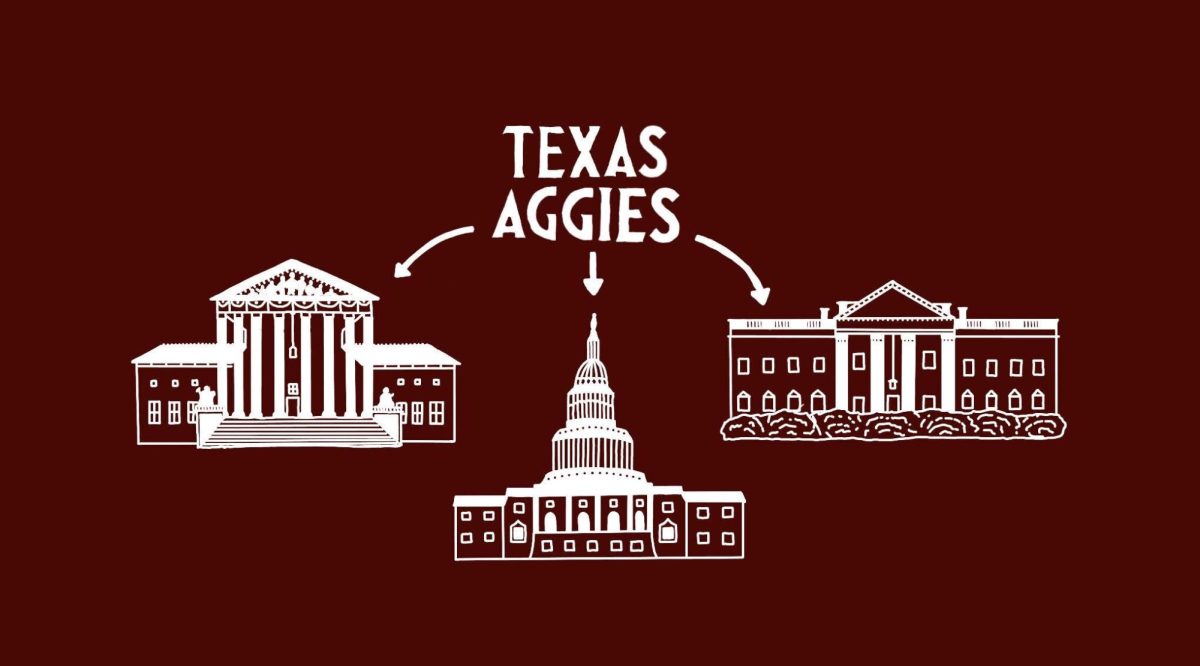Protestors continue to voice their opposition to Brazil’s preparation and handling of the 2014 FIFA World Cup as the world soccer community gears up for the beginning of the Round of 16 Saturday.
In late summer 2012, protests were sparked by increased public transportation costs and soon grew into an outlet for public outcry on several issues. They expressed concern about income inequality, slowing economic growth rates and expenditure use on stadiums rather than projects with long-term benefits.
Davi Rodrigues, sophomore physics major and vice president of the Brazilian Student Association, said many feel that the rapidly expanding costs associated with the games, paired with FIFA’s current trend of choosing developing countries as host nations, is creating an unsustainable model where often the host country is adversely affected.
“Soccer is by far the most important sport in Brazil,” said Rodrigues. “But people have many regrets about the cost of the games. Everyone is watching the games so closely, and our political situations will be on display in the background.”
Adel Varghese, instructional assistant professor of economic development, said the economists who argue that the benefits do not outweigh the costs forget two important factors.
“One — The World Cup is a way to show a country has arrived at the world stage,” Varghese said. “The showing of the World Cup is a credible statement that Brazil can manage an event of such monumental stature. Two — The raising of awareness of Brazil which can attract foreign investors and tourism.”
Whether or not hosting the World Cup means Brazil has entered the world stage, Antonio La Pastina, native Brazilian and associate professor of communication, said Brazilian activists were disillusioned by the country’s focus on building mega-stadiums throughout the country while citizens clamored for money to put towards improving infrastructure and social services like hospitals and public schools.
“I think some people have the same view, for example of the space program in the United States,” Varghese said. “Should we fund the space program or use that money for domestic relief? I think we need to have a broader view of a country’s intents.”
Largely because of democratic and economic uncertainty, civil unrest began in the streets of Natal, Brazil in early summer 2013. The waves of revolt spread throughout the country, eventually reaching Sao Paolo, the country’s largest city, and the house of the national congress in Brasilia, the capital.
“Soccer has such a strong audience,” La Pastina said. “It brings with it international visibility and power. The protesters are aware that eyes are on Brazil. If the World Cup proceeds peacefully, these protests might be able to gain a lot of visibility.”
Protests had largely died down in the months preceding the tournament, however new demonstrations began the day of the opening match on June 12. Just hours before kick-off, riot police in Brazil broke up protests and workers strikes on the streets of Rio De Janario.
According to Reuters, the one of the latest protests took place on June 23 when 200 protestors took to the beaches in Copacabana near the match between Brazil and Cameroon.
For some, however, the protests have deeper roots than the FIFA world Cup. The larger middle class in Brazil is utilizing the stage provided by the games to demonstrate their desire to be heard by the Brazilian government, La Pastina said.
“The rapid acceleration of Brazil into the limelight as the poster child for emerging economies has brought with it growing pains that is currently unfolding on television and social media,” La Pastina said.
Brazil, which has long been regarded as an emerging economic power in the South American region, gained ground with exports and industrialization. After 20 years of an economic boom that brought stability in the country and brought many poor Brazilians into the consumer class, things have slowed down.
“The uncertainties of the Brazilians will not be alleviated overnight,” Varghese said. “But the country is making decisions now that will set their course for many years to come.”





